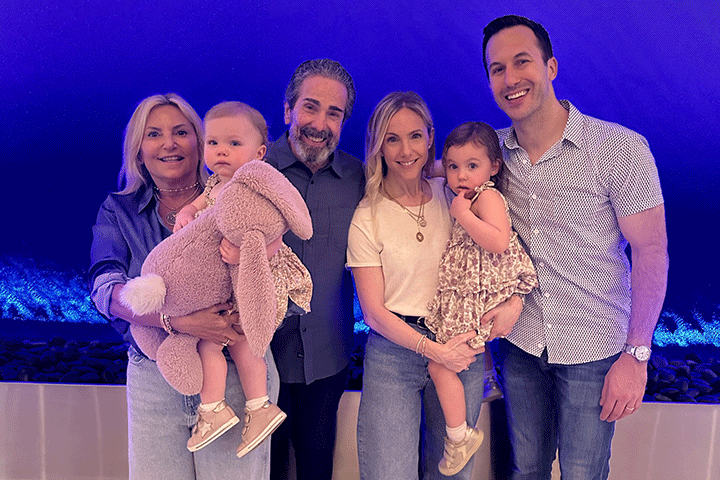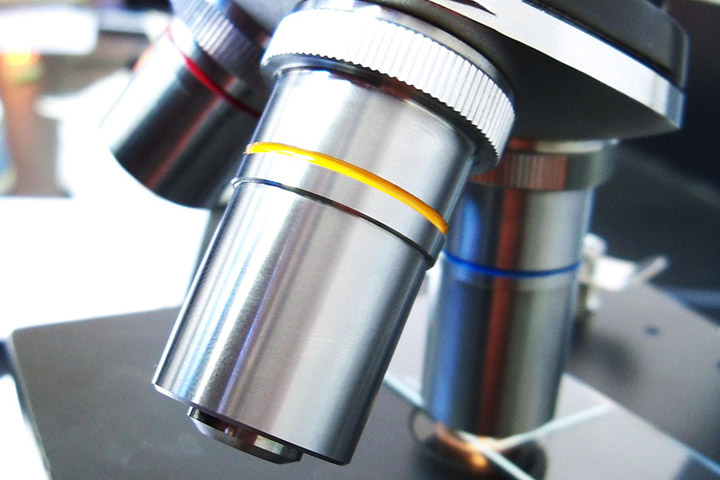mRNA Vaccine Trial Expands to Numerous Locations

The novel mRNA vaccine for pancreatic cancer has expanded its phase II clinical trial locations to include multiple sites across the world.
This experimental approach with the cancer vaccine candidate autogene cevumeran continues to show potential to stimulate an immune response that may reduce the risk of the disease returning after surgery. The mRNA vaccine has received extensive coverage from the media and patient advocacy groups like Let’s Win.
Making clinical trials accessible to more people is one of the cornerstones of advancing science. The trial locations now include multiple or single sites in California, Connecticut, Indiana, Kentucky, Massachusetts, New Jersey, New York, North Carolina, Ohio, Rhode Island, and Washington. The trial is also available at several sites in Canada, France, Spain, Sweden, and the United Kingdom. All sites are recruiting as of the publication of this story.
This interventional trial hopes to recruit 260 patients. The trial is open to people with newly diagnosed pancreatic cancer who are eligible for surgery, who have not had other treatment (such as chemotherapy, radiation, or immunotherapy), and who fit other criteria. To learn more about specific locations and specific eligibility requirements, visit the trial description on ClinicalTrials.gov.
From Phase I to Phase II
The latest results from the phase I clinical trial were presented at the American Association of Cancer Research (AACR) 2024 conference. The results show that the cancer vaccine candidate activated immune cells that persisted in the body up to three years after treatment in certain patients. In addition, a vaccine-induced immune response correlated with a reduced risk of the cancer coming back.
“The latest data from the phase I trial show that we are on the right track. This investigational mRNA vaccine can trigger T cells—the cells that mobilize anti-tumor immune responses—that may recognize pancreatic cancers as foreign,” says Memorial Sloan Kettering Cancer Center (New York City) pancreatic surgeon-scientist Vinod Balachandran, M.D., in a statement. “Moreover, we continue to detect vaccine-stimulated T cells at substantial frequencies in patients’ blood up to three years after vaccination.”
Early results of the phase I trial, published in the journal Nature in May 2023, showed that the vaccine was well tolerated and that it activated immune cells in half of the patients treated.
The phase II trial will evaluate the efficacy and safety of autogene cevumeran in a larger patient group and will study whether the mRNA approach works better than the current standard treatment. Patients will be randomly split into two groups:
- The control group will receive standard treatment, which is surgery followed by chemotherapy.
- The other group will receive the experimental treatment, which is surgery followed by the mRNA vaccine, a checkpoint inhibitor, and chemotherapy. The mRNA vaccines will be custom-made for each patient and given in two phases. Doses at the beginning of treatment prime the immune system, while later doses provide a boost. The phase I study followed a similar treatment plan but did not have a control group receiving standard treatment for comparison.
Let’s Win has provided extensive coverage of this novel vaccine since its inception.






